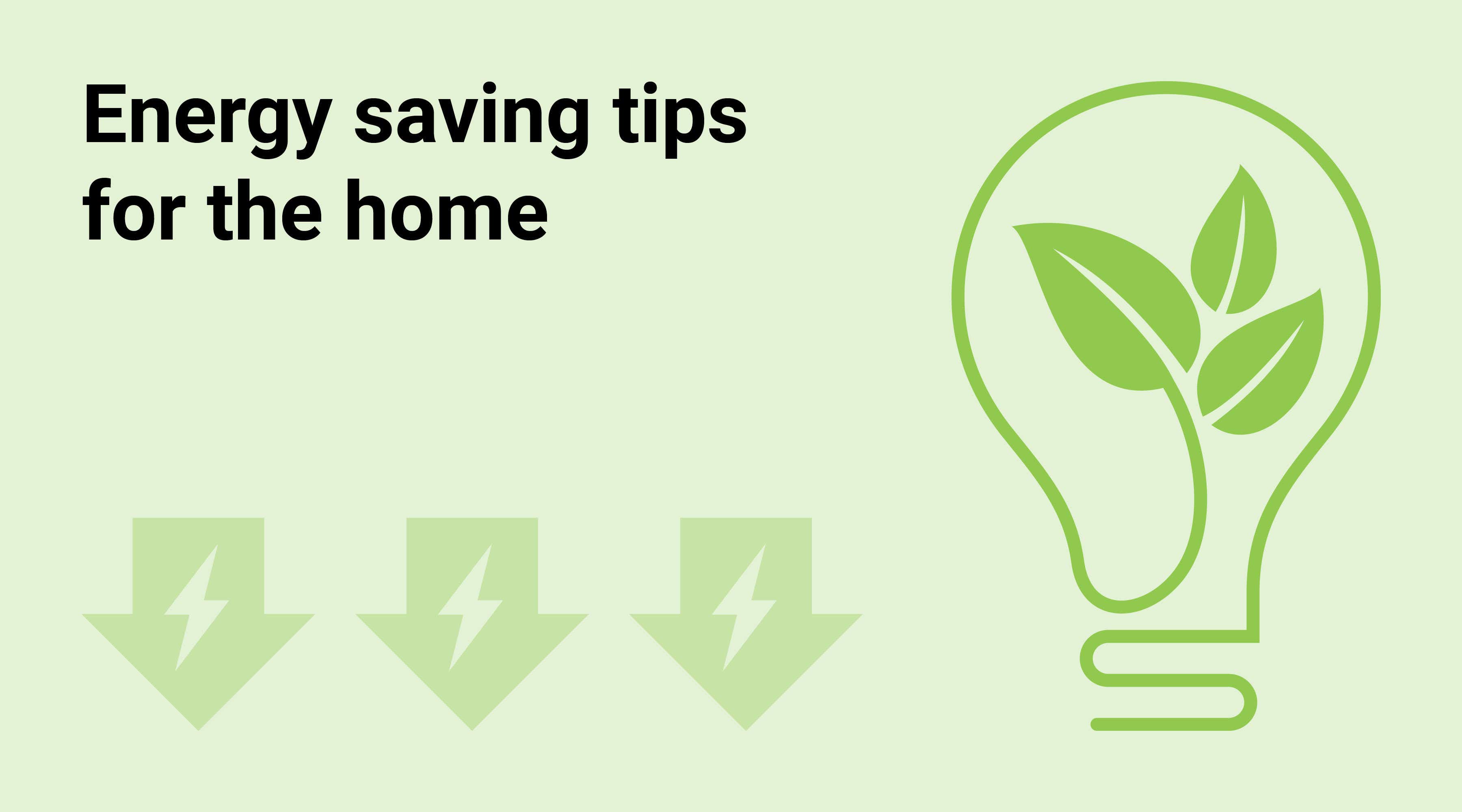The most efficient way to heat a pool is by using a heat pump pool heater in mild climates or solar water heaters for cost-effectiveness and low operating costs. Heating your pool with either of these methods can provide energy efficiency and savings.
A heated pool can enhance your swimming experience by maintaining a comfortable temperature, but the cost and efficiency of heating methods are essential considerations. Heat pump pool heaters are a popular choice in moderate climates due to their energy efficiency and cost-effectiveness.
On the other hand, solar water heaters offer a sustainable and economical way to heat your pool with minimal operating expenses. Understanding the most efficient ways to heat your pool can help you enjoy your pool year-round without breaking the bank.

The Best Pool Heating Methods
Gas heaters are popular for their quick heating capability and lower operational costs compared to electric heaters.
Heat pumps are energy-efficient solutions, especially in mild climates, offering low annual operating costs for heating pools efficiently.
Solar heaters utilize the sun’s energy to heat pools, providing a cost-effective and environmentally friendly heating option for pool owners.
Solar pool covers help retain heat in the pool by preventing heat loss, offering a simple and efficient way to maintain optimal water temperature.
Choosing The Right Pool Heating Method
When it comes to heating your pool efficiently, choosing the right method is crucial. Here are some key factors to consider when deciding on the best pool heating solution.
Consideration Of Climate
- Climate: Evaluate your local climate to determine the most suitable heating method for your pool.
- Seasonal Variations: Consider how temperature changes throughout the year may impact your pool heating needs.
Cost And Efficiency Factors
- Operating Costs: Compare the long-term operating costs of different heating systems to find the most cost-effective option.
- Energy Efficiency: Look for pool heating methods that are energy-efficient to reduce overall energy consumption.
- Initial Investment: Consider the upfront cost of installing a particular heating system and weigh it against long-term savings.
Effective Strategies For Energy Efficiency
For the most efficient way to heat a pool, consider using a heat pump pool heater in mild climates or solar water heaters for cost-competitive and low operating costs. It’s also important to manage the swimming pool temperature and consider using gas pool heaters, as they are more popular and cost less to run than electric heaters.
Managing Pool Temperature
Managing the temperature of your pool is crucial for energy efficiency. Consider using a pool cover, which can reduce heat loss and evaporation by up to 95%. This simple addition helps to maintain the water temperature and reduces the workload on your heating system. Additionally, optimizing the pool’s temperature to a comfortable yet energy-efficient level can significantly lower energy consumption.
Optimizing Heater Usage
When operating a pool heater, it’s important to optimize its usage for energy efficiency. Consider using a programmable thermostat to regulate the heater’s operation, ensuring it only runs when necessary. Additionally, regular maintenance of the heater, including cleaning filters and checking for leaks, can improve its efficiency and reduce energy waste. Furthermore, scheduling regular professional inspections can identify and address any potential issues that may impact the heater’s performance.

Credit: www.facebook.com
Comparing Heating Options
When it comes to heating your pool, it’s important to choose the most efficient method that suits your needs. In this section, we will compare two popular heating options: gas and electric, as well as the benefits of day and night heating.
Gas Vs. Electric
If you’re looking for a cost-effective way to heat your pool, you might be wondering whether gas or electric is the better option. Let’s take a closer look at each:
Gas Pool Heaters:
- Cost less to run than electric heaters
- Heat the pool more quickly
- Allow you to heat the pool only when needed
Electric Pool Heaters:
- Require less installation and maintenance
- Offer better energy efficiency and lower operating costs
- Are suitable for smaller pools or in areas with restricted gas availability
Day Vs. Night Heating
Now let’s consider whether it’s better to heat your pool during the day or at night:
Day Heating:
- Utilizes the sun’s natural heat during the warmer daytime hours
- May result in faster heating as sunlight directly warms the pool
- Can be more cost-effective in sunny regions
Night Heating:
- Allows you to take advantage of lower electricity rates during off-peak hours
- Reduces the likelihood of solar heat loss during cooler nighttime temperatures
- Can be advantageous in cooler climates or for those who prefer swimming in warmer water
When deciding between day and night heating, consider factors such as your location, energy costs, and personal preference.
| Gas Heaters | Electric Heaters | Day Heating | Night Heating | |
|---|---|---|---|---|
| Efficiency | Good | Excellent | Good | Good |
| Cost | Less expensive to run | Lower operating costs | Utilizes sunlight | Potentially lower electricity rates |
| Speed | Heats pool quickly | Slower heat-up time | Heats pool faster | Varies based on heating method |
| Suitability | Wide range of pool sizes | Smaller pools or restricted gas areas | Regions with abundant sunlight | Cooler climates or preference for warmer water |
By comparing the heating options based on factors such as efficiency, cost, speed, and suitability, you can make an informed decision about the best way to heat your pool.
Expert Insights And Recommendations
For expert insights and recommendations on the most efficient way to heat a pool, consider installing a heat pump pool heater or utilizing solar water heaters for cost-effective and energy-efficient options. Proper maintenance, like adjusting the heater when the pool is not in use, can save energy and money in the long run.
Expert Insights and Recommendations When it comes to heating your pool efficiently, it’s always a good idea to seek insights and recommendations from experts in the field. By leveraging their knowledge and experience, you can make informed decisions that will not only save you energy but also money. In this section, we will explore some professional advice and community discussions on the most efficient ways to heat a pool.Professional’s Advice
Heating professionals recommend using heat pump pool heaters in mild climates as an energy-efficient option. These heaters work by extracting heat from the surrounding air and transferring it to the pool water, making them more cost-effective than traditional gas or electric heaters. Heat pumps use electricity to operate, but they can generate up to five times more heat per unit of electricity consumed. This makes them a greener and more sustainable choice for heating your pool.Community Discussions
When it comes to the most economic way to heat a pool, the community discussions revolve around two primary options: heat pumps and solar water heaters. While heat pumps are efficient in mild climates, solar water heaters are cost competitive and have low annual operating costs. Many pool owners find the combination of both options to be the most effective and eco-friendly solution. Another topic of discussion is whether it’s more efficient to keep the pool heater on all the time or turn it off when not in use. Experts suggest turning off the heater or lowering the temperature when the pool won’t be used for several days to save energy and money. Contrary to popular belief, it takes less energy to heat the pool back up to the desired temperature than the energy saved by lowering the temperature or turning off the heater. Additionally, the community discusses the cost comparison between gas and electric pool heaters. Gas pool heaters are often favored due to their lower operating costs and ability to heat the pool more quickly. However, electric heaters are also a viable option, especially when combined with solar water heaters or heat pumps, to achieve a more sustainable and efficient heating solution. In conclusion, seeking expert insights and recommendations can play a crucial role in finding the most efficient way to heat your pool. Whether you opt for a heat pump, solar water heater, or a combination of both, understanding the advice from professionals and engaging in community discussions will help you make an informed decision. Ultimately, by choosing the most efficient heating method, you can enjoy a warm and inviting pool while minimizing energy consumption and saving costs.
Credit: www.uswitch.com

Credit: www.facebook.com
Frequently Asked Questions For Most Efficient Way To Heat A Pool
What Is The Most Economic Way To Heat A Pool?
The most economic way to heat a pool is by using a heat pump pool heater, especially in mild climates. Solar water heaters are also cost-effective with low annual operating costs. It is energy-efficient and helps save money in the long run.
Is It More Efficient To Keep Pool Heater On All The Time?
For energy efficiency, it’s not necessary to keep the pool heater running all the time. Turn down or switch off the heater when not using the pool. This action saves energy and money. Restarting the heater doesn’t consume more energy than you save by lowering the temperature.
Is It Cheaper To Heat A Pool With Gas Or Electric?
Gas pool heaters are cheaper to run than electric heaters and can heat the pool more quickly, allowing for on-demand use rather than continuous heating.
Is It Better To Heat A Pool At Night Or During The Day?
Heating a pool during the day is better for energy efficiency and cost savings. This allows the pool to absorb heat from the sun, reducing the reliance on heating systems. Additionally, heating during the day ensures the pool is warm and ready for use when desired.
What Is The Most Energy-efficient Way To Heat A Pool?
Using a heat pump pool heater in mild climates or opting for a solar water heater can be a cost-effective and eco-friendly solution.
Conclusion
When it comes to heating your pool efficiently, consider using a heat pump pool heater in mild climates. Solar water heaters are also a cost-effective option with low annual operating costs. It’s crucial to manage your pool heater usage smartly to save energy and money.
Choose the best heating method that suits your specific needs and climate.